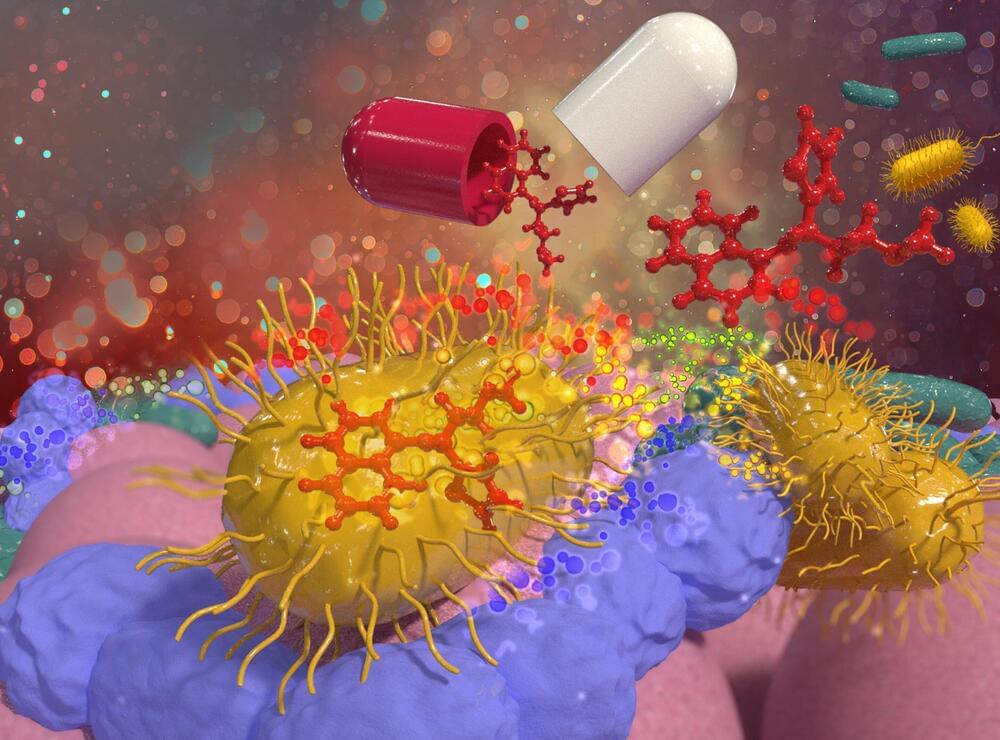Common medications can accumulate in gut bacteria, a new study has found, altering bacterial function and potentially reducing the effectiveness of the drug. These interactions—seen for a variety of medications, such as depression, diabetes, and asthma drugs—could help researchers to better understand individual differences in drug effectiveness and side-effects, according to the study published in Nature.
It is known that bacteria can chemically modify some drugs, a process known as biotransformation. This study, led by researchers from the Medical Research Council (MRC) Toxicology Unit at the University of Cambridge and the European Molecular Biology Laboratory (EMBL) in Germany, is the first to show that certain species of gut bacteria accumulate human drugs, altering the types of bacteria and their activity.
This could change the effectiveness of the drug both directly, as the accumulation could reduce the availability of the drug to the body, and indirectly, as altered bacterial function and composition could be linked to side-effects.
